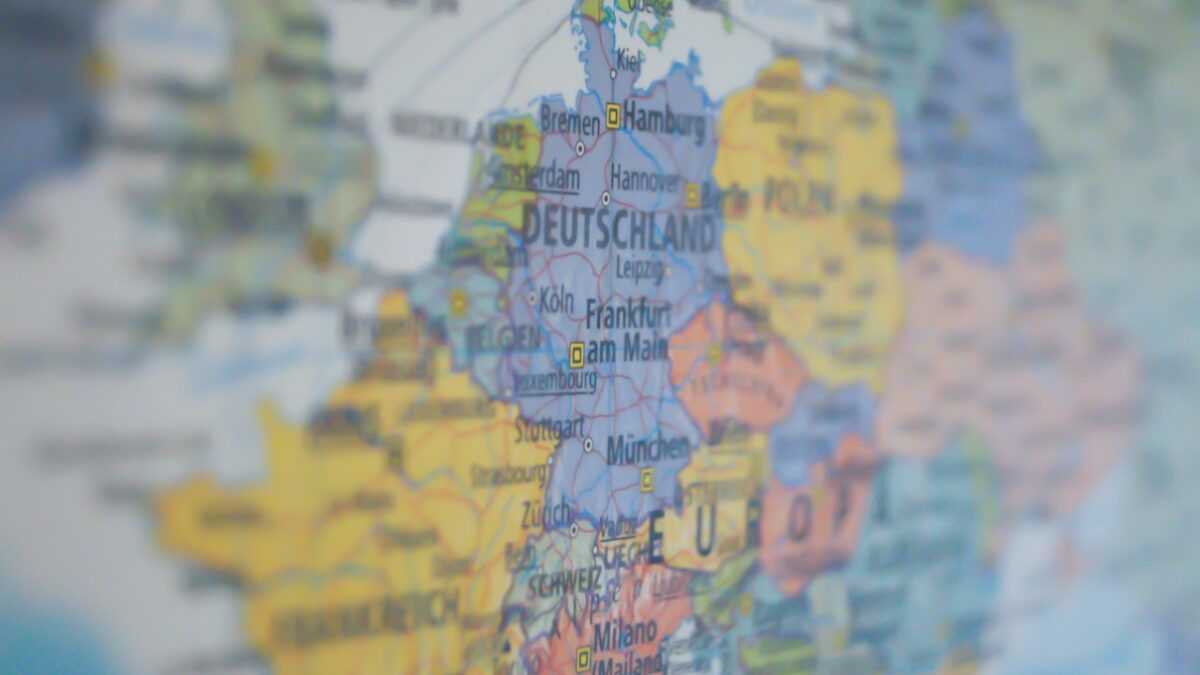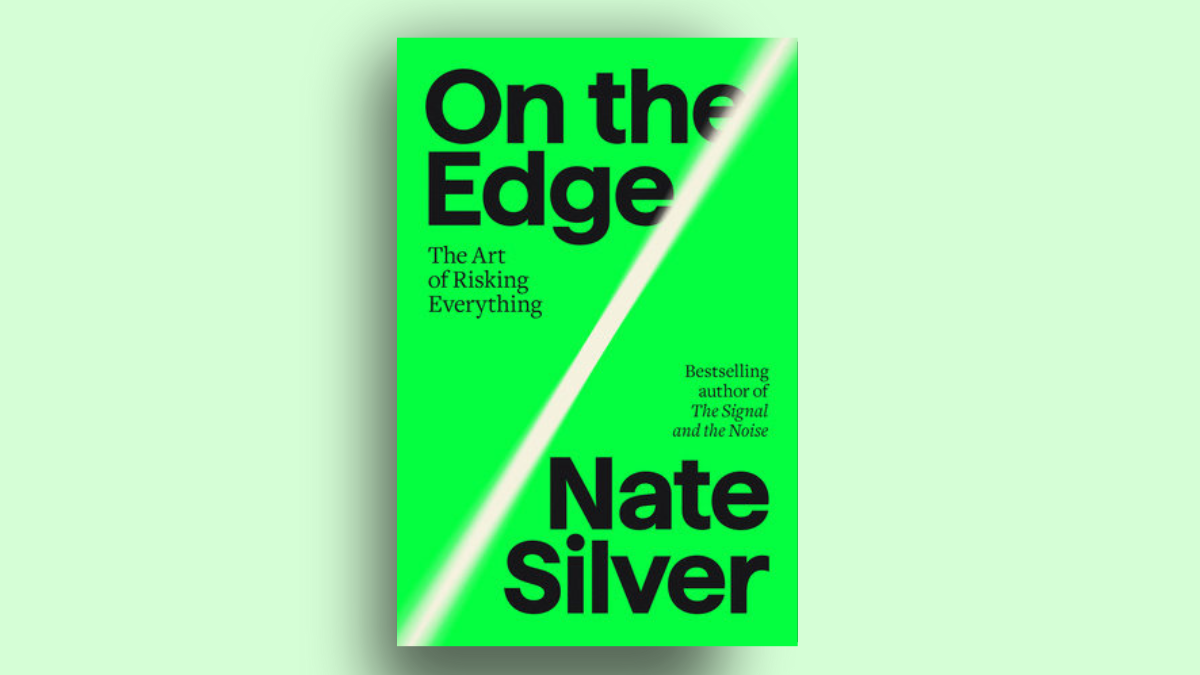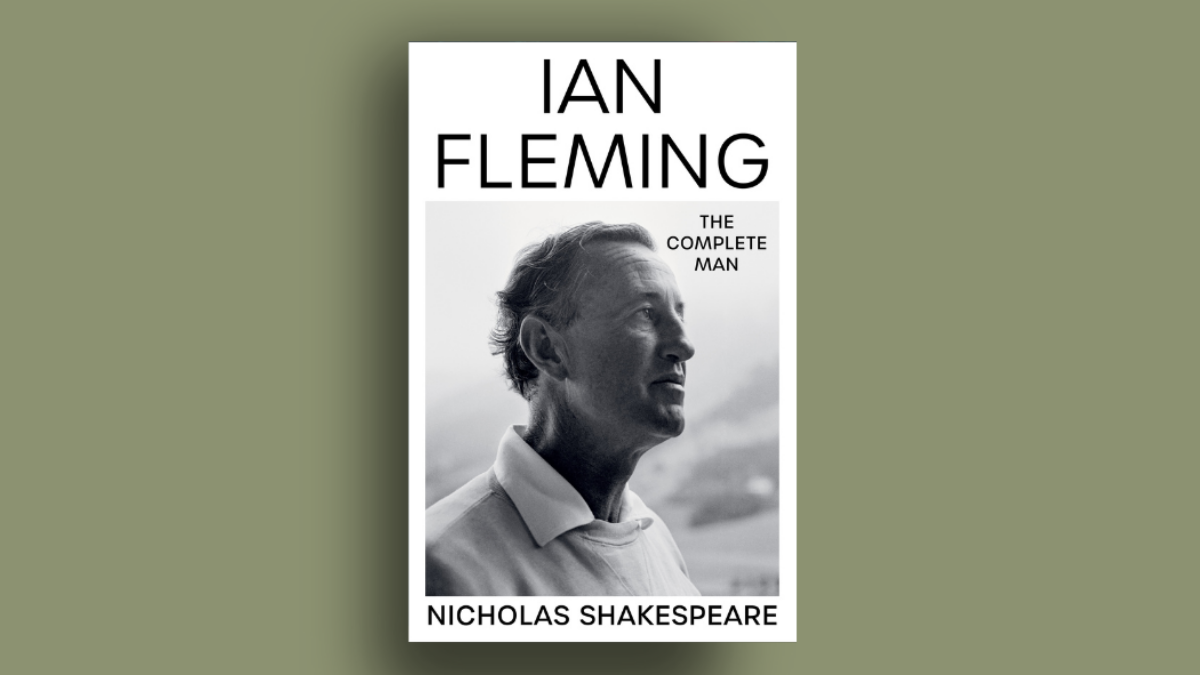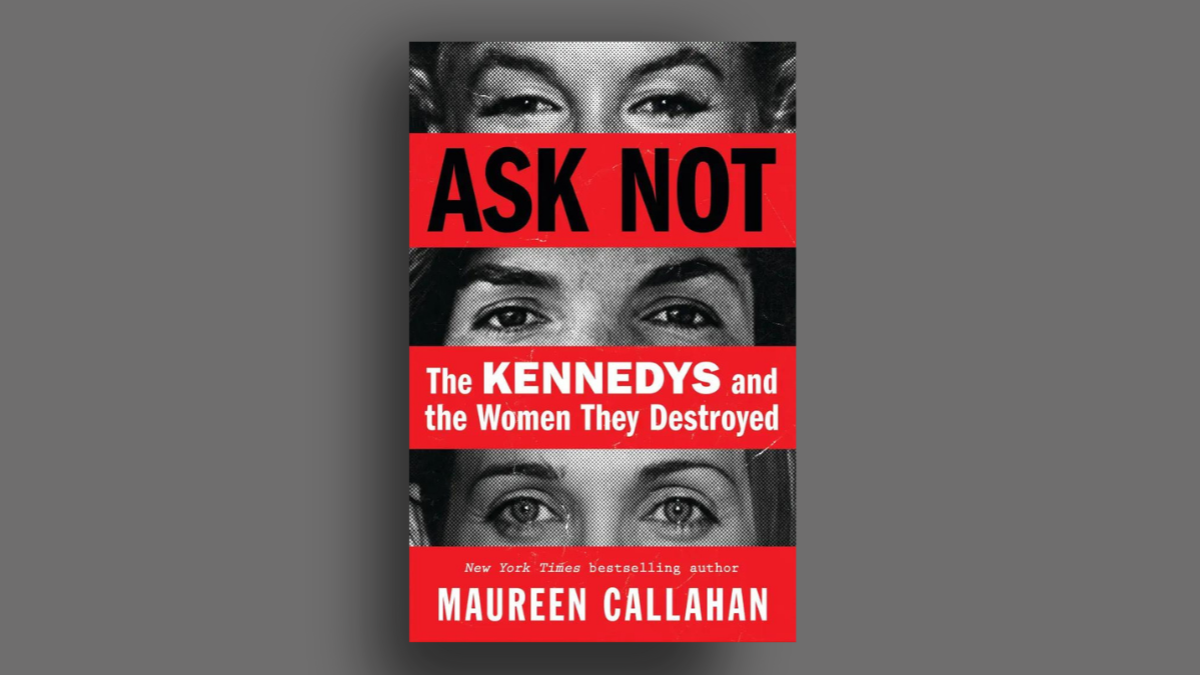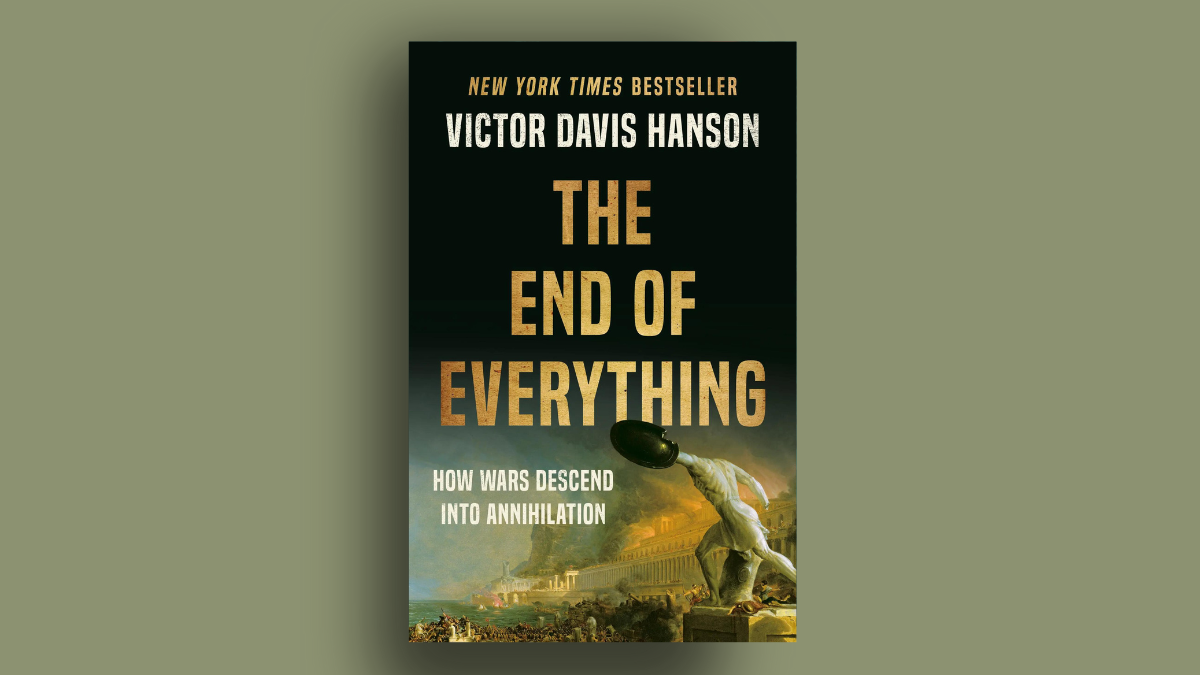By any metric, most of the countries in the European Union fall well short of the United States. They are poorer, less free, and far less dynamic. For the most part, their people are more bitter, less religious, and often profoundly bored with their lives. For many non-Europeans, the E.U. and its member states have largely ceased to be relevant for the past 70 years.
Nevertheless, many on the political left (and a few reactionaries on the right) will insist on looking to the Old World for new solutions to today’s problems. They will characterize Western Europe as sophisticated, safe, orderly, and progressive while they disparage the U.S. as stupid, violent, messy, and backward. They believe that if only Americans adopted the ways of Western Europe, they too could experience the same supposed blessings.
In his newest book, aptly titled Eurotrash: Why America Must Reject the Failed Ideas of a Dying Continent, David Harsanyi does the necessary work of busting the myths of the ‘Europhiles’ and recognizing the United States’ many virtues. Far from learning from Europeans, Americans are more fit to teach them how to thrive and dominate.
Nordic Utopias?
Harsanyi starts with with the two most popular myths about Europe: the “Nordic utopias” and the “free” healthcare systems. Concerning the magical land of Legos, ABBA, and Ikea, he opens his second chapter by declaring, “There are no countries in the world more extravagantly praised and celebrated by American Europhiles than the Nordic nations.” And this is true. Commentators on the left constantly cite the Scandinavian countries as models of modern statecraft: They’re cleaner, fairer, more educated, and generally happier.
Except that they aren’t. Harsanyi explains that these are tiny, homogenous countries that can implement policies that would be impossible in the US. They can impose confiscatory taxes on all income levels and provide relatively lavish public benefits. However, this system breaks down when immigrants are introduced, and even at its best, it still leaves most people sadder and poorer afterward.
In the same vein, Harsanyi has to correct the misunderstandings about European socialized medicine, specifically that Europe does better with “life expectancy, infant mortality, and cost.” In reality, life expectancy has less to do with country’s healthcare system and more with demographics; infant mortality is higher in US because the Americans actually try to save “hopeless” cases while Europeans ignore them completely; and the cost of American healthcare is higher because Americans consume much more healthcare of better quality than Europeans. For any reader doubting this, Harsanyi offers abundant evidence that should satisfy even the most fastidious wonk.
After this, Harsanyi considers the idea of a European Union, one of history’s most artificial and fragile political constructs. Europhiles like to believe that the EU is a better version of the American federal system, but it’s actually the opposite: “Instead of bonding its citizens with common culture and beliefs, the EU chooses to tightly bind them with copious amounts of red tape.” Rather than bolster member nations, the EU holds them down with regulations, migrant quotas, and countless committees. By contrast, the US enjoys a coherent creed held among all Americans and more self-regulatory system that obviates the need for a federal bureaucratic overreach.
This segues into the thorny issue of immigration. Just as they pretend to be united, Europeans also pretend to be tolerant and diverse—the EU’s motto is “UNITED IN DIVERSITY” after all. Rather, according to the testimony of minorities living in Western Europe and survey and economic data, Europeans struggle mightily with assimilating diverse populations, much less even tolerating them. Moreover, they take in far fewer immigrants than the United States. While minority populations “after a generation or two, begin to melt into the suburbs and the great expanse of American life” in the US, in Europe, they wallow indefinitely in housing projects, never finding work and ever dependent on government handouts.
Stagnant Politics, Stagnant Economy
Although it should go without saying, Harsanyi shows how stagnant politics quickly leads to a stagnant economy. High taxes, heavy regulations, and a growing class of idlers leaves little incentive for most Europeans to work hard or innovate: “In Europe hard work is less likely to guarantee results, because policies that allow people to keep the fruits of their labor and compete matter far less.”
Although Europhiles would like to argue that this is actually a good thing and that Americans work too hard, living in a grossly inequitable culture and falsely believing in a meritocracy, Harsanyi shows how bad the European alternative really is. They are extremely class-conscious (since wealth is a product of privilege, not effort), extremely risk-averse (resulting in no new businesses or competition), and generally impoverished (by American standards, though Europeans would consider it middle-class).
American prosperity is a product of faith and freedom, two aspects of life that have fallen away from Western European societies. Harsanyi thus devotes some time to discuss the major consequences of a secularized, heavily censored society. Although he admits to being an atheist, he fully acknowledges the relationship between natural rights and religiosity: “So rigid, almost religious, is our belief in natural rights … that it has survived the vagaries of democracy, elite opinion, rhetorically gifted presidents, transnational pacts, and all sorts of cultural trends.”
Faithless Europe, on the other hand, is largely swayed by these forces. Hence, many countries in Western Europe have taken to aggressively censoring dissenting views (labeling it “hate speech”) and effectively closing any marketplace of ideas. This means that members of the leadership class are rarely held accountable and enjoy a huge advantage in elections along with members of the protected class (i.e. Muslim immigrants). With the latter group, Harsanyi decries the special kind of bigotry at work: “you don’t believe Muslims can handle one of the foundational concepts of liberalism that others can.” Even if Muslim immigrants are spared the supposed harm of offensive speech, such speech restrictions exacerbate their segregation from the rest of European society.
Thus drained of vim and vigor, Western Europe is already in the throes of a demographic winter. There are fewer children being born, the population is becoming much older on average, and taking in more immigrants won’t fix the issue. Rather than addressing this problem by supporting and encouraging parenthood and family life, European leaders and their supporters here have insanely doubled down on depopulation for the sake of the environment.
It’s no wonder then that euthanizing the sick and elderly is becoming increasingly popular in Western Europe. It is getting to the point that anyone who presents a burden to society or suffers from depression are now being ushered to the grave with little protest: “At one time, however, there were countervailing societal forces, the churches, that would create a healthy debate and offer ethical guardrails. That kind of debate barely exists today in Europe.”
It’s a gruesome end to a once great civilization, and Americans will suffer the same if they adopt the same policies and attitudes.
Avoiding Europe’s Fate
In his final chapter, Harsanyi concludes that while Americans should appreciate the legacy of Europe and capitalize on European innovations, they should also be mindful of the pitfalls that Europeans have fallen into: “Europe keeps abandoning its best ideas. We have no reason to follow.” And by this point, Harsanyi has more than proven just where Western Europe is headed. As they have in the past, Americans are better off trusting themselves and continuing their tradition of intellectual and cultural self-reliance.
As with his articles, Harsanyi is a masterful writer and polemicist—straightforward, clear, concise, and well-researched. He avoids slipping into digressions, abstractions, and other rhetorical copouts. His case is strong, and he makes it as simply and efficiently as he can. As such, his book is readable and informative—and particularly helpful for those who do have contend with the various Europhiles in their lives.
However, Harsanyi could have gone further in his discussion about the younger generations both here and in Europe. Harsanyi expertly takes on the Europhiles in media and politics and systematically destroys their arguments, but he tends not to address the throngs of unconscious Europhiles among the average American Millennials and iGen, many of whom share the same values, the same struggles, and the same worldview as their cousins overseas. Harsanyi seems somewhat aware of this issue (as he indicates in his chapter on religiosity), but seems at a loss to confront it as directly as he does with the other issues.
This then leads to another problem, which is how younger Americans can avoid the fate of Europeans. True, they can just say no, read Eurotrash, and move on with their lives, but many young Americans don’t know where they’re going. Harsanyi leans hard into the American work ethic, spirit of innovation, and commitment to freedom, but this can often come off more nostalgic than realistic for younger generations who no longer understand, let alone practice, these virtues.
Aside from this relatively small lacuna, which likely lies outside Harsanyi’s intended scope anyway, Eurotrash is persuasive, informative, and quite readable. It exposes the widespread moral and political corruption of Europe and the logical consequence of so many bad ideas taking root.
Americans still have the chance to avoid this fate, but only if they heed Harsanyi’s advice, completely reject the lies of the Europhiles, and instead return to the truths that made, and still make, America so great.
